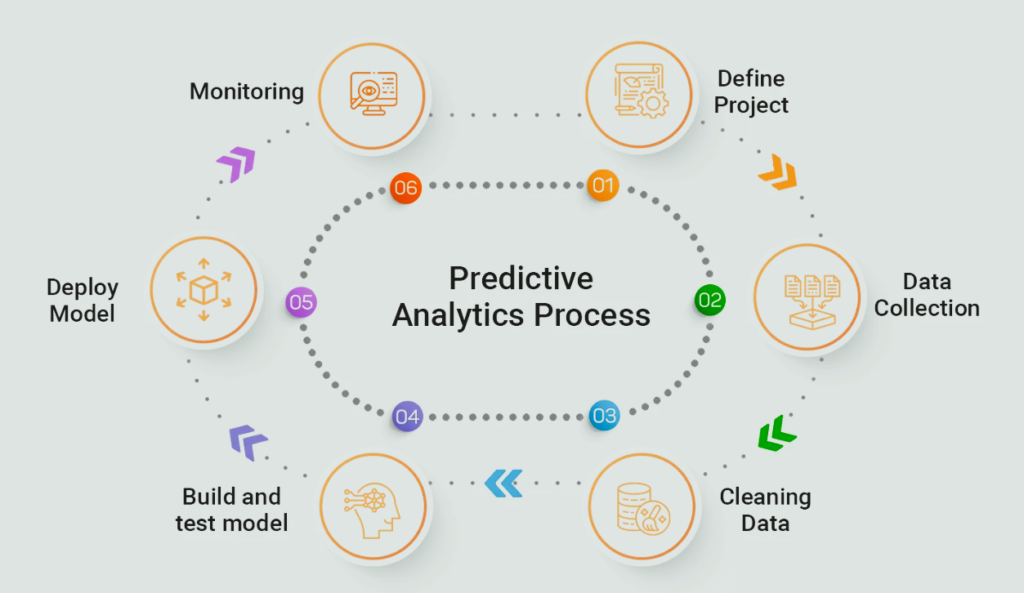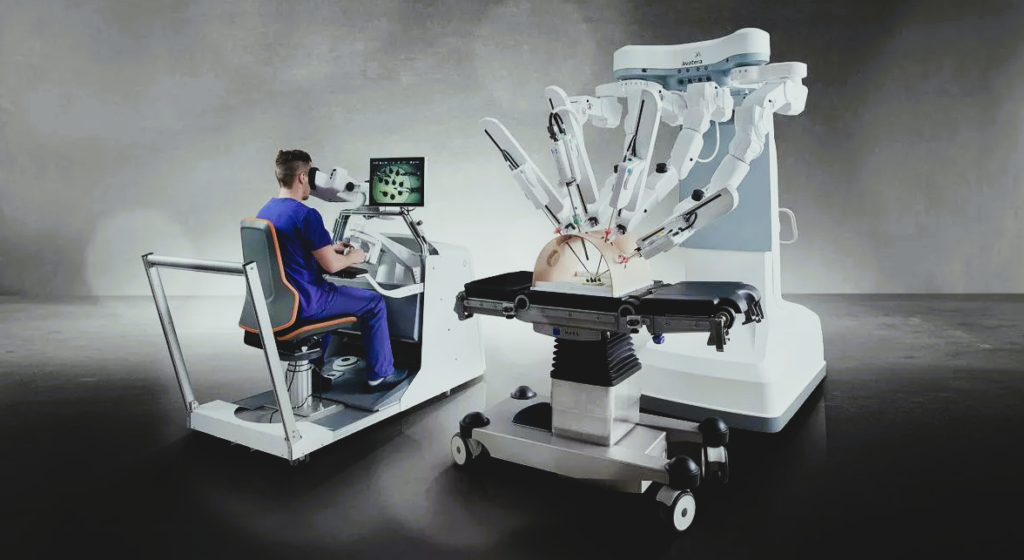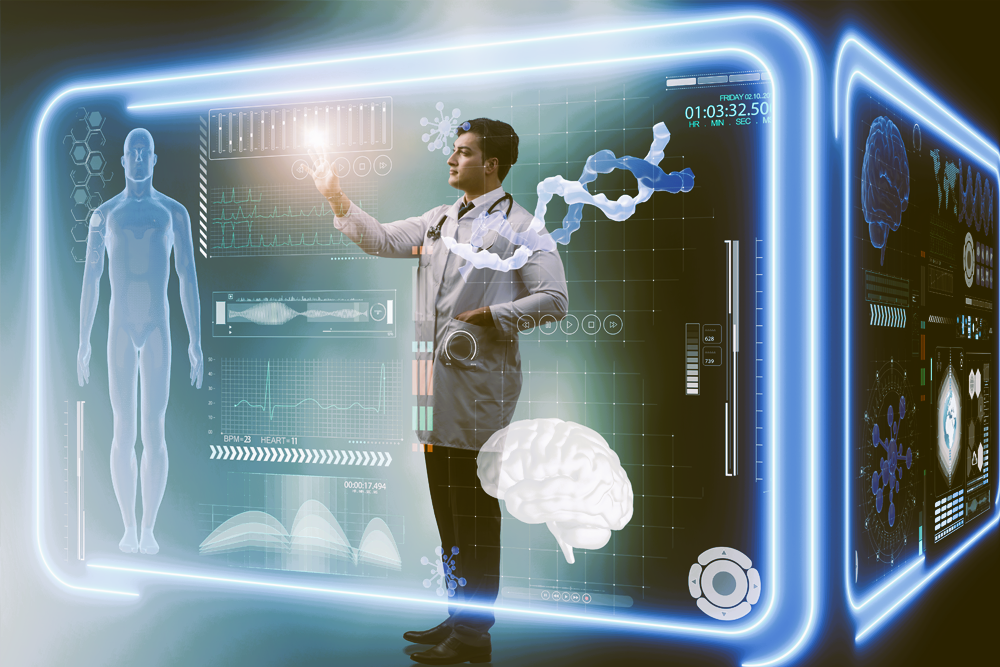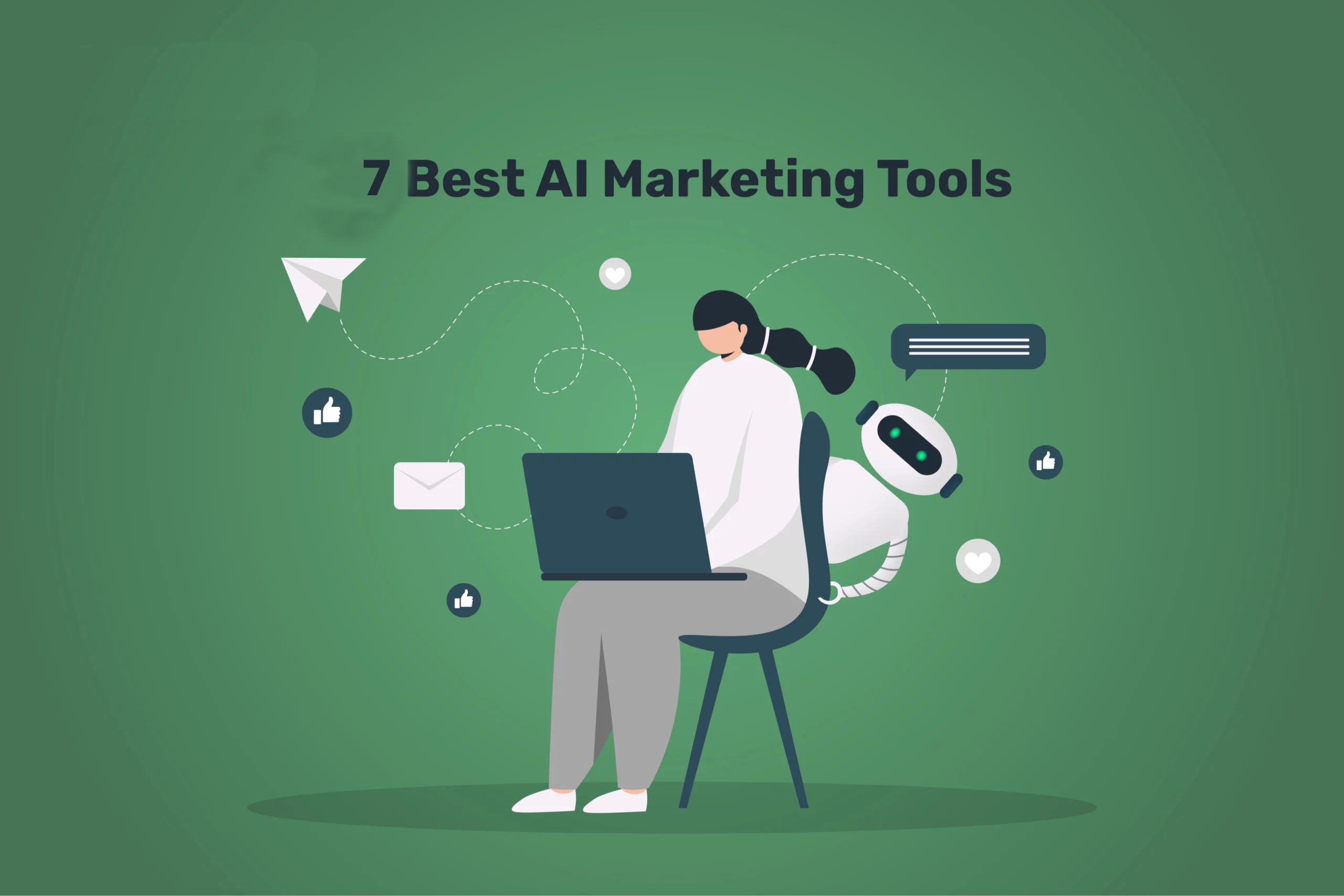Artificial Intelligence (AI) is revolutionizing many industries, and healthcare is no exception. AI refers to machines and systems designed to mimic human intelligence and perform tasks such as recognizing patterns, making decisions, and learning from data. In healthcare, AI is helping doctors and medical professionals provide more accurate diagnoses, faster treatments, and personalized patient care.
This article explores artificial intelligence examples in healthcare by examining its use in medical imaging, virtual health assistants, drug discovery, personalized medicine, mental health care, and even surgery. While AI has enormous potential to improve healthcare, it also comes with challenges and ethical considerations that must be carefully addressed.
AI in Medical Imaging
Medical imaging is one of the most advanced applications of AI in healthcare. Doctors rely on imaging techniques like X-rays, MRIs, and CT scans to detect and diagnose diseases. However, interpreting these images can be time-consuming and complex. AI is helping to speed up and improve this process by analyzing medical images with great accuracy.
AI systems can identify patterns and anomalies in images that may be difficult for the human eye to detect. For example, Google’s DeepMind has developed an AI system to diagnose over 50 eye diseases by analyzing retinal scans. In another case, AI has been used to detect early-stage lung cancer by scanning chest X-rays. These tools enable faster diagnoses so patients can start treatment earlier, leading to better outcomes.
By assisting doctors in analyzing medical images, AI saves time and reduces the likelihood of errors. This allows medical professionals to focus on delivering better patient care.
Virtual Health Assistants
Virtual health assistants are another exciting application of AI in healthcare. These AI-powered tools can interact with patients, answer medical questions, and provide reminders for taking medication or attending appointments. They help bridge the gap between patients and healthcare providers, making healthcare more accessible.
For instance, IBM’s Watson Health uses AI to offer personalized medical advice by analyzing patient data and medical history. Similarly, apps like ADA Health allow users to input their symptoms and receive a preliminary diagnosis or advice on what steps to take next. Virtual health assistants also help monitor chronic conditions, track symptoms, and ensure patients adhere to treatment plans.
These assistants can operate 24/7, providing immediate support when doctors or nurses are unavailable. By improving patient engagement and offering real-time assistance, virtual health assistants enhance the overall patient experience.
Predictive Analytics for Patient Care
Powered by AI, predictive analytics transforms how healthcare professionals approach patient care. It involves using data to forecast future health outcomes. AI can analyze large amounts of patient data such as medical history, test results, and lifestyle factors to predict the likelihood of certain conditions or complications.

Artificial Intelligence Examples in Healthcare
For example, some hospitals use AI to monitor patients with heart disease. The AI system tracks vital signs and predicts which patients are most at risk of heart failure. This early warning allows doctors to intervene before the condition worsens, potentially saving lives.
Predictive analytics also helps in planning treatments. By analyzing patient data, AI can suggest the most effective treatment plans based on the outcomes of similar cases. This personalized approach improves the chances of recovery and reduces the risk of complications.
Drug Discovery and Development
Discovering and developing new drugs is often lengthy and expensive. AI plays a crucial role in speeding up this process by analyzing large chemical compounds and biological information datasets quickly to identify potential drug candidates.
AI platforms like Atomwise and BenevolentAI use machine learning to sift through vast data and predict which compounds could effectively treat specific diseases. This significantly reduces the time needed to discover new drugs and brings them to market faster, helping patients access life-saving treatments.
AI is also being used to repurpose existing drugs for new uses. For example, during the COVID-19 pandemic, AI systems were employed to scan through existing medications to identify those that might help fight the virus, potentially accelerating the search for effective treatments.
Personalized Medicine
Personalized medicine is an approach that tailors medical treatments to individual patients based on their genetic makeup, lifestyle, and other factors. AI enables customized medicine by analyzing genetic information and medical data to recommend the most effective treatment options for each patient.
For instance, companies like Tempus use AI to analyze genetic profiles and suggest personalized cancer treatments. By understanding how different patients respond to various treatments, AI helps doctors choose therapies that are more likely to be successful. This customized approach reduces the chances of side effects and improves treatment outcomes.
Personalized medicine powered by AI is critical in treating complex diseases like cancer, where every patient may require a unique approach.
AI in Mental Health
AI is also making strides in mental health. AI-powered tools and chatbots are helping to diagnose and treat mental health issues such as depression, anxiety, and stress. These tools provide immediate support and offer coping mechanisms for users experiencing mental health challenges.
For example, AI-based platforms like Woebot and Wysa use natural language processing to engage users in conversations and provide therapy-like support. These chatbots can track moods, suggest mental health exercises, and help users manage their emotions. They offer an accessible and low-cost alternative for individuals who may not have immediate access to a mental health professional.
AI is making mental health services more accessible and affordable, especially for people in remote areas or those who prefer private, self-guided care.
Robotics in Surgery
Robots are becoming increasingly common in surgical procedures, offering enhanced precision and control. AI-powered surgical robots assist surgeons by performing delicate tasks with accuracy that surpasses human ability.

For example, the da Vinci Surgical System is used in various surgeries, from heart surgery to cancer treatment. The AI system assists surgeons by providing precise movements and reducing human error. These robotic systems can operate with tiny instruments, reducing the size of incisions, which leads to shorter recovery times for patients.
Robotic surgery is especially useful in complex procedures where precision is critical. AI-powered robotics allows surgeons to perform operations more accurately, ultimately improving patient outcomes.
Challenges and Ethical Considerations
While AI has tremendous potential in healthcare, it also presents challenges. One significant concern is data privacy. AI systems rely on large amounts of patient data, raising questions about how it is stored and who has access to it. Healthcare providers must ensure that patient information remains secure and confidential.
Another concern is bias in AI algorithms. AI systems can sometimes produce biased results if the data used to train them is not diverse or representative of all patient groups. This can lead to unequal treatment and care for some individuals.
Lastly, ethical considerations arise around the use of AI in healthcare, especially when it comes to decision-making. It’s crucial to ensure that AI is used responsibly and that human oversight remains vital to medical decision-making.
Conclusion
AI is already transforming healthcare in many ways, from improving medical imaging and diagnostics to assisting in drug discovery and surgery. The benefits of AI in healthcare are clear—faster diagnoses, personalized treatments, and improved patient care. However, challenges like data privacy and algorithm bias must be carefully managed.
As AI technology advances, its role in healthcare will only grow, offering even more opportunities to improve patient outcomes and revolutionize medical practice. The future of healthcare is undoubtedly intertwined with AI’s progress, and staying informed about these developments will be crucial for medical professionals and patients alike.





